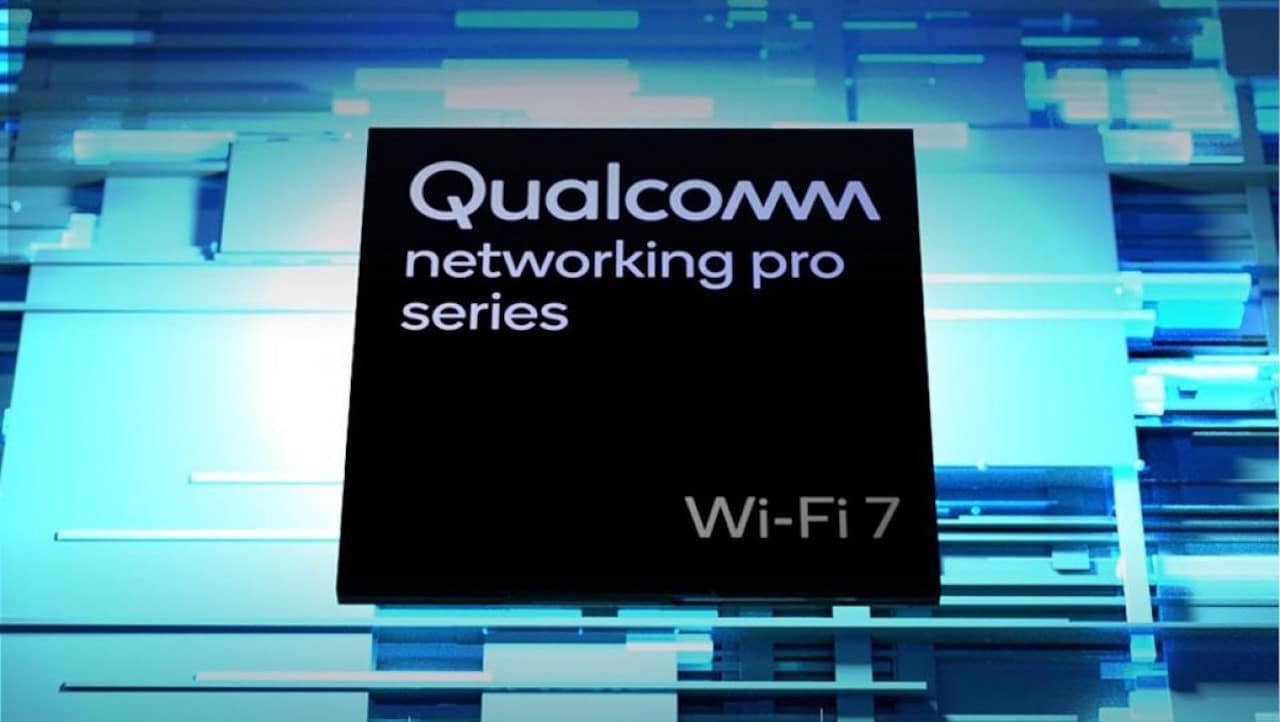Latest news from the dispute between Qualcomm and the UE. Apparently, European regulators will not appeal the court ruling overturning the fine of 997 million euros to the chip manufacturer. Just a few months ago, in fact, the Court with seat in Luxembourg – the second highest in Europe – criticized the handling of the case by the European Commission, stating that some procedural irregularities had undermined Qualcomm’s rights of defense. But there doesn’t seem to be any response from regulators – far from it. Everything’s quiet.
Qualcomm: EU waives appeal on Luxembourg court ruling
Apparently, there have been quite a few problems in the handling of the matter between Qualcomm and the EU. Indeed, the judges of the Luxembourg court have invalidated the Commission’s analysis that the payments made by Qualcomm to Apple were anti-competitive, as the authority would not really take into account all the relevant facts. In short, the EU competition control body seems to have been wrong on several fronts, and it would be quite difficult for it to win the appeal in both cases.
Also for this reason, the sentence was a serious setback for the EU antitrust chief Margrethe Vestagerwhich imposed billions of euros in fines on Alphabet’s Google unit and opened surveys on Amazon, Apple and Meta as part of its policy of cracking down on Big Tech. For its part, the European Commission, which can appeal to the EU Court of Justice on matters of law, declined to comment. On the other hand, the question between the EU and Qualcomm has been going on since 2015, and we are sure that the authorities did not expect this ending at all.
READ ALSO: Qualcomm wins the appeal against the EU: the fine of almost 1 billion euros canceled[/box]
According to Peter AlexiadisProfessor of the field, the Commission’s decision not to contest the Court’s conclusion was hardly surprising. “Even if the Commission were to accept the grounds for appeal on the merits – he commented -, such a victory would be none other than that of Pyrrhus, given that the Commission’s decision would inevitably be annulled for procedural reasons, where the Commission’s thesis appears weak “. Indeed, according to Alexiadis, an appeal could force the Court to clarify which exclusive relationships held by dominant companies were problematic.
“It is however disappointing that the Antitrust Order does not have the opportunity to benefit from a ruling by the CJEU on the issue of economic incentives to pursue exclusivity strategies”, said the Professor. On the other hand, we know very well that the EU authorities claim that Qualcomm has paid Apple billions of dollars from 2011 to 2016 for use only its chips in all its iPhones and iPads, in order to avoid competition from companies like Intel Corp. But this may not be the only thorn in Vestager’s side, which will soon also face a ruling on the fine imposed on Google.















Leave a Reply
View Comments